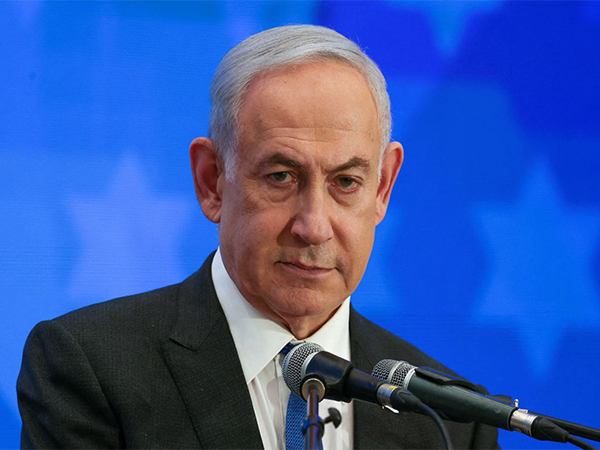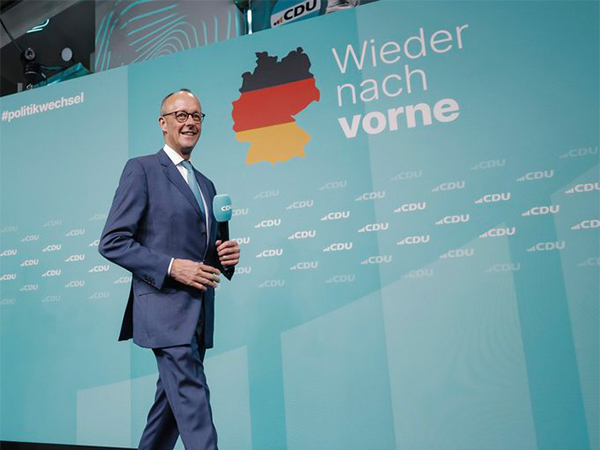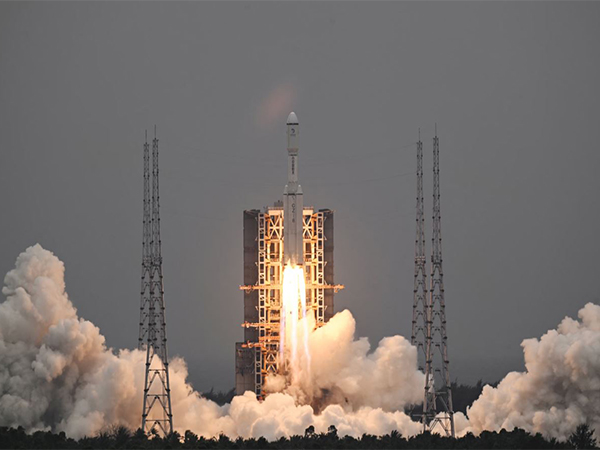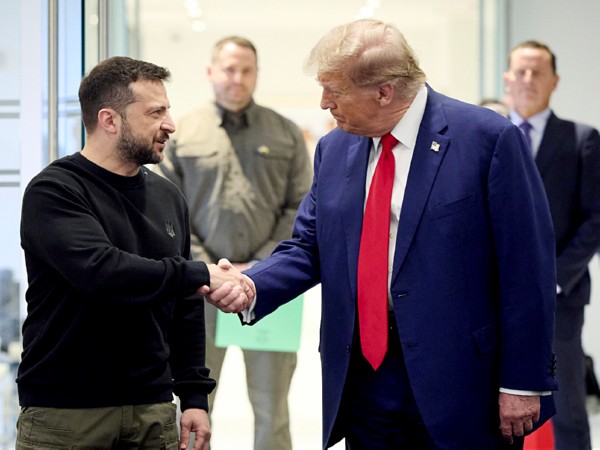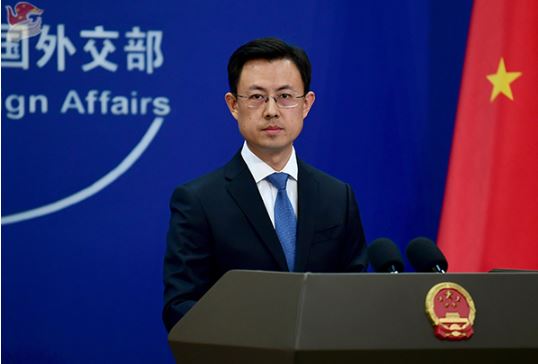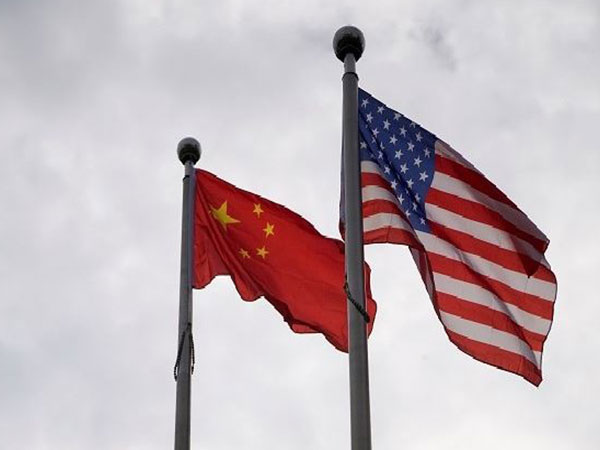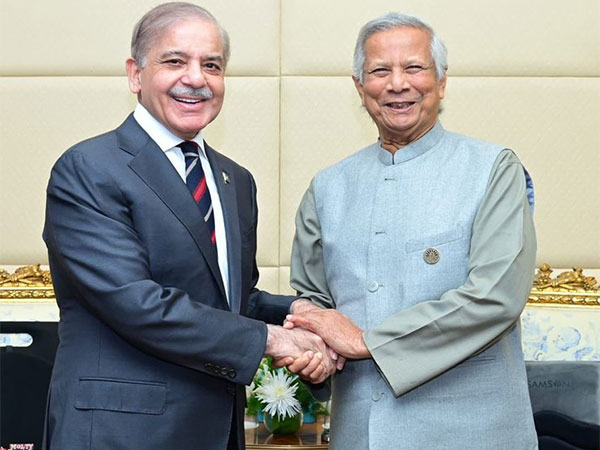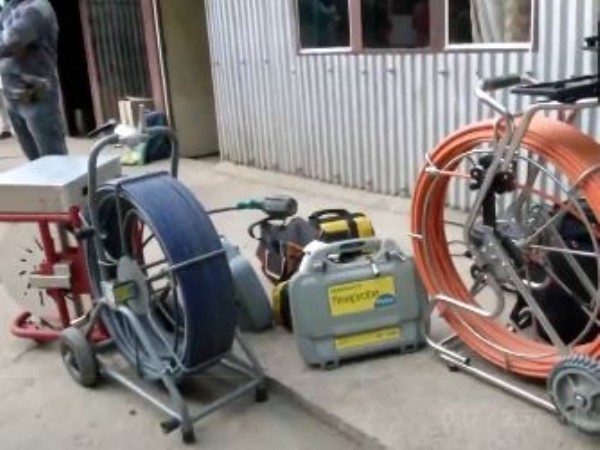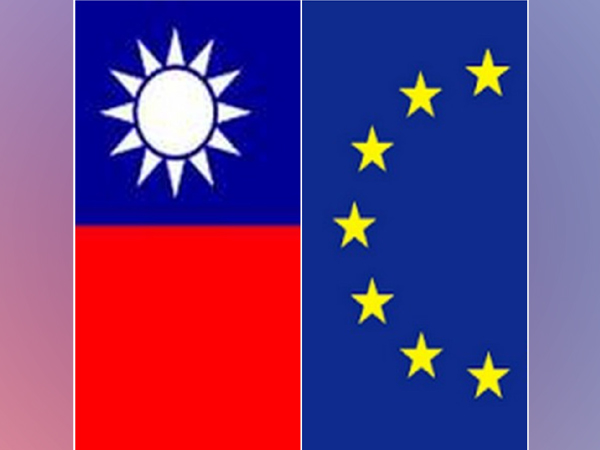
Brussels [Belgium], June 3 (ANI): Amid tense relations with China, European Union (EU) is looking at boosting semiconductor trade with Taiwan. Hungry for chips, the EU hopes to tap into Taiwan’s semiconductor and microchip industry. The European Union held a virtual trade dialogue on Thursday with the Taiwanese minister for economic affairs, Mei-Hua Wang, reported DW News. “Taiwan is a very important player in the area of semiconductors — if not the most important player,” the EU Commissioner for Trade, Valdis Dombrovskis, told the European Parliament last month. Ming-Yen Tsai of Taiwan’s Representative Office in the European Union and Belgium told DW he was optimistic about the upcoming talks and highlighted that the EU and Taiwan shared the same core values of democracy, human rights, free markets, and the rule of law.
Fresh talks with Taipei come amid tense relations with China though, which regards Taiwan as a breakaway province. But Zsuzsa Anna Ferenczy, assistant professor at the National Dong Hwa University in Taiwan and a former political adviser in the European Parliament, told DW that there is clear momentum in EU-Taiwan relations right now and trade with Taiwan isn’t really an afterthought.
“With everything that has happened since the offset of the pandemic, China’s economic coercion against Lithuania, disinformation campaigns and most recently its diplomatic support to Russia’s war in Ukraine, there has been a growing appetite in the EU to bring Taiwan and the discussion of trade with the island back on the table. The EU is keen to find ways of cooperating in specific areas of interest like the semiconductor sector and tech supply chains, as the Commission has also made that clear,” she said.
“In the past, global circumstances were different, as the EU was trying to rebalance its relations with China. But now the bloc’s line of thought has fundamentally shifted. The recent EU-China summit didn’t go well, with Brussels disappointed with Beijing’s refusal to condemn Russia’s war. So in this context, clearly, Taiwan is no longer seen with as much caution as before,” she added.
Moreover, materials like semiconductors and microchips are essential for almost everything and Taiwan’s semiconductor sector, in particular, has a huge role globally, making countries compete to gain secure access to its semiconductor output.
Moreover, the EU is also counting on Taiwan to support its Euro 45 billion European Chips Act, since Taiwan produces the world’s most advanced microchips. The EU Commission’s Spokesperson for Trade and Agriculture shared a similar view and told DW that the bloc’s new Indo-Pacific Strategy also offered a framework to explore further opportunities to cooperate on supply chains with Taiwan, and also boost Taiwanese investments in Europe that remain very low.
According to a report by the European External Actions Service last year, by the end of 2020, only 2.1 per cent (USD 7.3 billion) of Taiwan’s worldwide foreign direct investment (FDI) stock was invested in the EU. The largest part of Taiwanese FDI stock was invested in China (55 per cent), followed by the British Caribbean (13.5 per cent) and the United States (6.3 per cent).
Ming-Yen Tsai of Taiwan’s Representative Office in the European Union and Belgium told DW that while 66.6 per cent of all total Taiwanese investment in the EU in recent years was mainly in areas such as electric vehicles, batteries and ICT products, both Taiwan and the EU have also made green and digital economies a key policy priority.
Meanwhile, Beijing has warned Brussels not to engage with Taiwan and abide by the “One-China policy,” which is the diplomatic acknowledgement of Beijing’s position that Taiwan is a part of China. (ANI)








